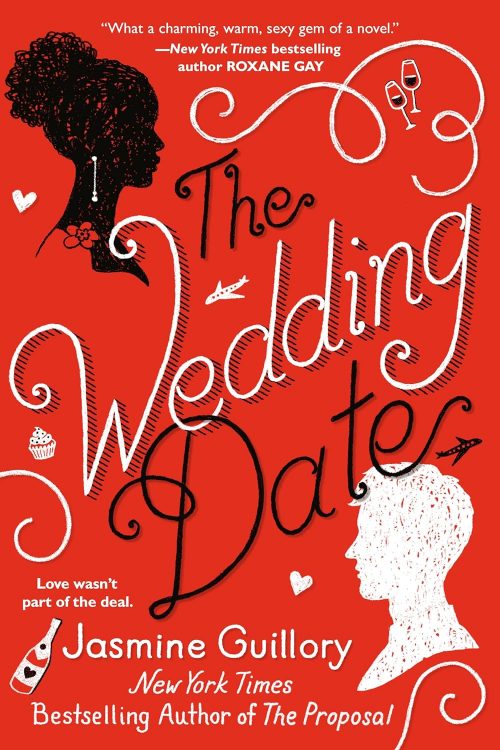The Lying Life of Adults
Elena Ferrante, whose enigmatic presence in the literary world is as potent as her storytelling, delivers another compelling exploration of female identity in “The Lying Life of Adults.” With her characteristic psychological depth and vivid portrayal of Neapolitan life, Ferrante captures the turbulent transition from childhood into adulthood.
The protagonist, Giovanna, finds herself on a precipice of self-discovery as she overhears a distressing comment from her father, suggesting that her changing face resembles that of her estranged Aunt Vittoria. This moment sets off a quest for identity and truth that leads Giovanna to oscillate between the affluent, refined Naples of the heights and its gritty, unapologetic counterpart, the Naples of the depths. Here Ferrante brilliantly contrasts these two facets of the city, which metaphorically mirror the internal conflict faced by the young protagonist.
The narrative delves deep into the complexities of familial bonds, self-perception, and societal expectation. “The Lying Life of Adults” traces Giovanna’s evolution amidst a series of betrayals and revelations that challenge her previously held beliefs about her family and herself. As with her acclaimed Neapolitan quartet, Ferrante has a gift for capturing the nuances of female friendships and rivalries, and the character of Aunt Vittoria is a standout in this regard—an embodiment of both what Giovanna fears and might yet embrace in her own nature.
Ferrante’s prose is unflinchingly honest and occasionally brutal. Her descriptions of Naples pulse with life, its beauty and decay vividly rendered to expose the city’s dual nature as both captor and liberator in the drama of Giovann’s life. The dialogue is sharp, driving home the raw emotions and the messy entanglements of relational dynamics.
However, it is in the thematic exploration that Ferrante truly excels. The novel grapples with the lies we are told and the lies we tell ourselves in order to live. Giovanna’s journey is not just about the literal lies within her family, but also about coming to terms with one’s own deceitful facets. Here, Ferrante extends her inquiry into the formation of identity, how it is crafted as much by the secrets we keep as the truths we embrace.
“The Lying Life of Adults” is a formidable addition to Ferrante’s body of work. It encapsulates her ability to weave profound human emotions with cultural critique. This novel not only solidifies Ferrante as an astute observer of personal and societal conflicts but also showcases her undiminished ability to enthrall and enlighten her readers. For aficionados of Ferrante’s earlier novels and new readers alike, this book is a resonant and captivating read that affirms why Ferrante is regarded as a literary powerhouse. Highly recommended for those who appreciate novels that are as intellectually rigorous as they are emotionally rich.









Reviews
There are no reviews yet.